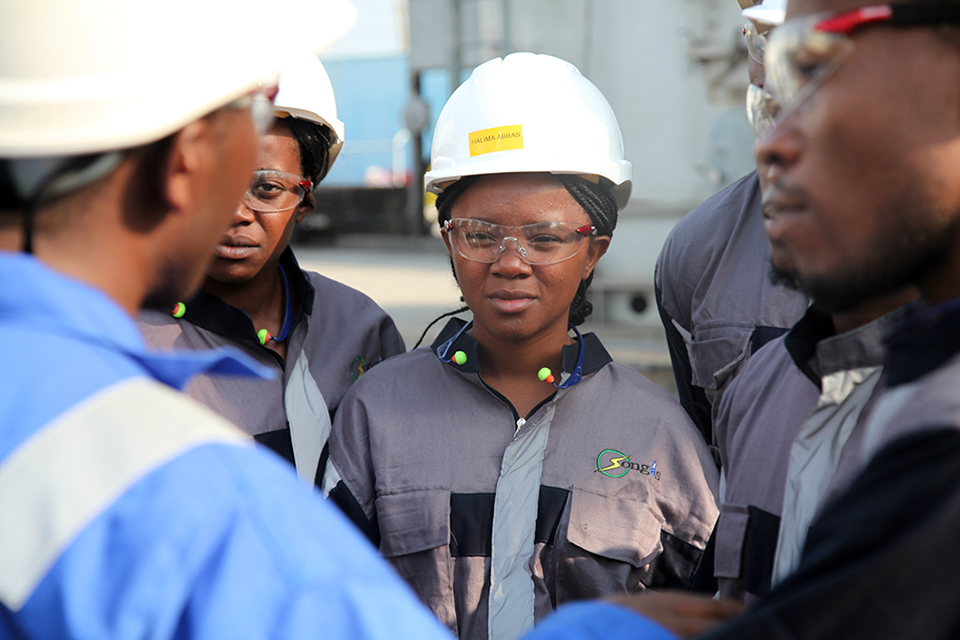(FCO)- The migrant crisis on Europe’s doorstep has returned to the headlines.
In reality, it never went away; people are fleeing war, persecution, or just seeking a better life in unprecedented numbers.
The pressure will grow unless we take urgent steps to address the drivers of this crisis. In Africa, 55,000 jobs will need to be created every day just to absorb new entrants into the workforce by 2035. If the economic aspirations of this young population cannot be met in their own countries, we will see more uncontrolled and unsustainable migration.
Britain is at the forefront of the response. We are taking immediate steps to protect our borders and tackle people smuggling. But the only way to resolve this crisis in the long term is to address the root causes. We need to create jobs across Africa and provide its growing population with a route out of poverty where they are.
Follow @Medeshi
In reality, it never went away; people are fleeing war, persecution, or just seeking a better life in unprecedented numbers.
The pressure will grow unless we take urgent steps to address the drivers of this crisis. In Africa, 55,000 jobs will need to be created every day just to absorb new entrants into the workforce by 2035. If the economic aspirations of this young population cannot be met in their own countries, we will see more uncontrolled and unsustainable migration.
Britain is at the forefront of the response. We are taking immediate steps to protect our borders and tackle people smuggling. But the only way to resolve this crisis in the long term is to address the root causes. We need to create jobs across Africa and provide its growing population with a route out of poverty where they are.
The case for open markets, free trade, private investment and technology has never been stronger in development. Over the decades, this combination has driven down poverty, helped to tackle disease, and created jobs across the globe. This is how we can transform the poorest parts of the world and, ultimately, end Africa’s reliance on aid.
Earlier this year, I launched my Department’s first Economic Development Strategy, setting out how we will catalyse more investment in job-creating industries.
Meanwhile, our new London Centre for Global Disaster Protection will help to halve the cost of disasters and will reduce the poorest countries’ dependency on emergency aid. Providing expert advice, so that developing countries can better understand and access insurance that works for them, will help protect millions of people against crises and reduce our contributions over time.
There is much we can do that is in both our interests. British firms are well placed to be Africa’s market makers, and the City can become the finance hub of choice. So we have announced support to help Africa integrate into global financial markets, paving the way for a strong partnership with the City.
As we exit the EU and reassert ourselves as a great global trading nation, we have a unique opportunity to redefine our relationship with Africa. There are relatively few consumers in Africa for UK products. But with the right growth, it could be a much bigger market. We need to make globalisation work better for Africa by buying African products and laying the foundations for strong future trading partnerships.
That is why the Government has confirmed to the world’s poorest countries, including 34 in Africa, that when we leave the EU we will secure their existing duty-free access to UK markets. This is a clear example of this Government using a range of policies – not just aid – to support development.
There are no quick fixes to the problems Africa faces, but if we want to stop the appalling scenes we are seeing in the Mediterranean right now, we need a new long-term approach. This means using UK aid to help the world’s poorest, and ensuring what we spend and how we spend it is in Britain’s own interest.
In a world of serious threats, Britain stands tall, saving lives and building a more prosperous, stable future for all.
Share
Follow @Medeshi

